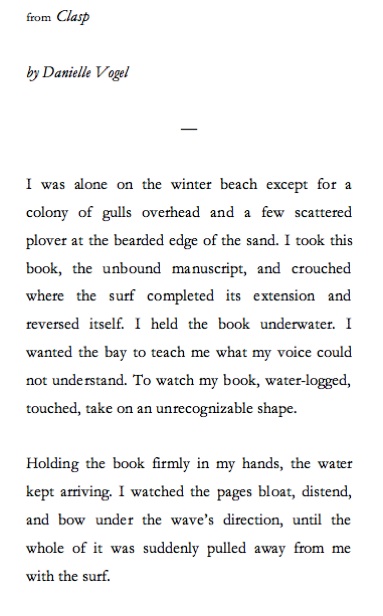Today is the third post for napomo at the dictionary project. I’m pleased to introduce you to this pair of poets who I met at ::Throughlines:: an improvisational movement and writing intensive I participated in back in January of this year. They also have an amazing ongoing image/poem project, what they call a daily endeavor of poetic attention, which you can check out here: how we share the sky.
Speaking of attention, that is what I love so much about the dictionary project and annual series like napomo. Because it is all about attention: attention of one person at a particular moment in time to a particular word and meaning. Maybe it’s a word we’ve never heard of in our lives. Maybe it’s a word we’ve long forgotten. Maybe it’s a word that is part of our daily vernacular. In any case, we are asked to show up to that word in a new way, to see it with fresh eyes, to discover the ways in which our current mindset and circumstances and place in the world inform our understanding. What draws our attention in this word and meaning? How do make sense of it in this particular moment?
There is a majesty in this kind of micro-level attention. Because, in truth, all the micro choices we make add up to the macro of our daily existence and what we contribute to the collective. Our creativity is not only found in the novels we painstakingly craft but in that hard earned and alive sentence, in the way we set our table with consideration of color and light and texture, in the summer garden we co-create by digging our hands into the packed earth.
So thank you to Kathy (whose birthday is today!) and Katherine for their attention. Thank you to John and Jamison. Thank you to Johanna and Matthew. Thank you to the poets still to write this month and all the writers who have shared their work on the dictionary project. What a difference a word makes when you bring your attention to it.
pack (pak), v.t. [< prec. pack, v.t.], to choose or arrange (a jury, committee, etc.) in such a way as to get desired decisions, results, etc.

Katherine Ferrier is a poet, dance artist, educator, maker and curator. She is a co-founder of The Architects, an improvisation ensemble with a performance history spanning over 20 years, and teaches and performs regularly throughout the US and abroad. Katherine curates /directs Cultivate, a festival created to nourish a growing community of contemporary dance-makers and dance supporters in Northern New Hampshire, and her writing about dance has been published in Contact Quarterly and Kinebago. Her spontaneous on-demand typewriter poetry service, THREAD, was recently featured in The Knot, and she offers ongoing writing workshops at The Gallery at WREN in Bethlehem, NH.
For 17 years, Kathy Couch has been designing and creating visual landscapes in performance and installation works. Through the use of light, language, readymade objects, photography and space, she attempts to craft experiences that allow people to linger and contemplate moments of being, that they might become more aware of the power they possess to influence and shape the way they move—alone and together. Kathy is currently engaged in the year-long collaborative photography/writing project How We Share the Sky with Katherine Ferrier. This past January, in collaboration with Katherine, Kathy created and taught ::Through-Lines::, a 4-day writing/movement workshop exploring the intersections of language, body, space and objects in Tucson, AZ. Kathy makes her home in Northampton, MA.








































